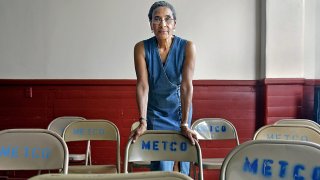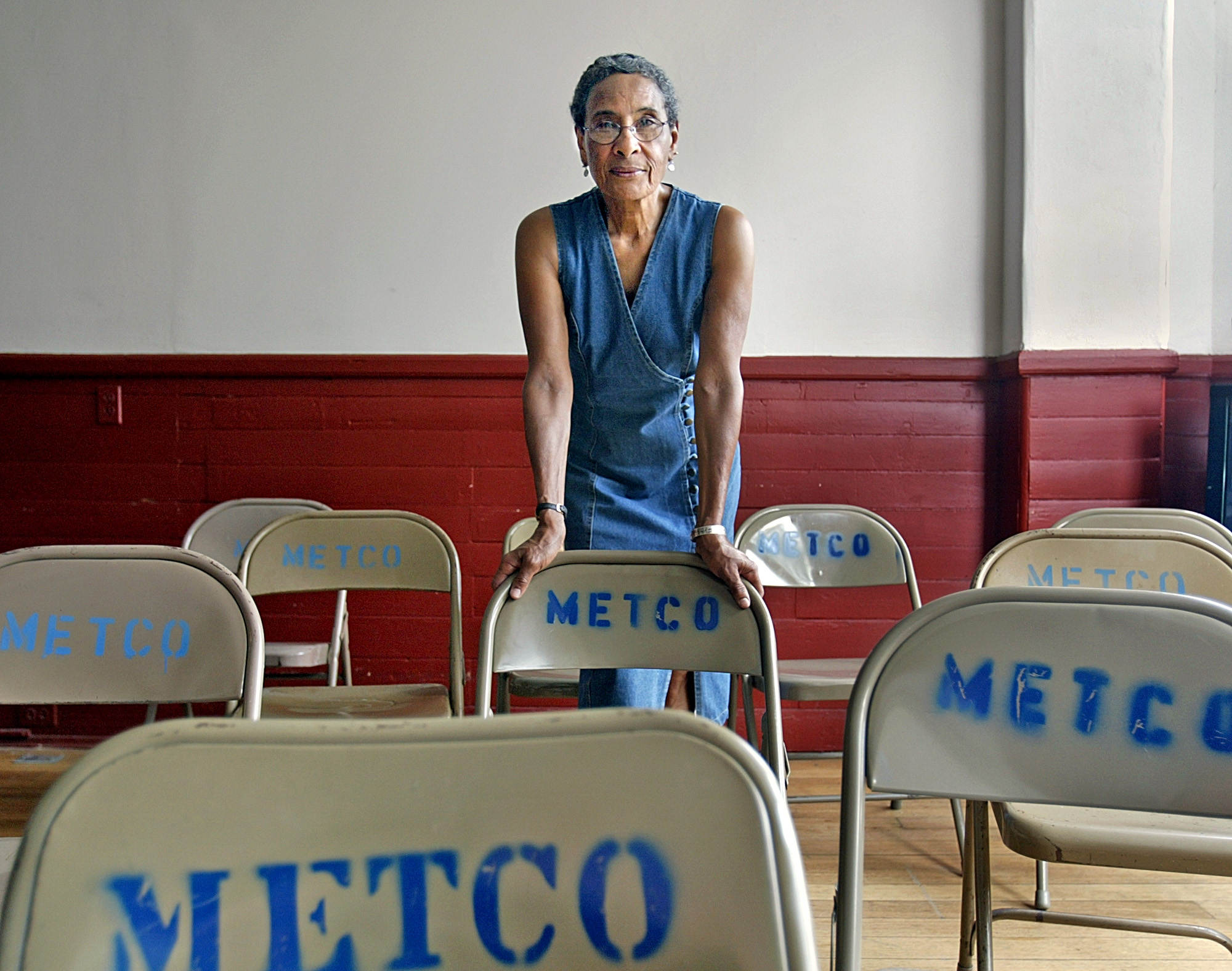
The family of 91-year-old Boston civil rights leader and education pioneer Jean McGuire issued a statement Friday in the wake of her stabbing in Franklin Park earlier this week.
"The family of Jean McGuire would like to thank all of the doctors and dedicated health care workers who are assisting in her recovery," the statement began. "We greatly appreciate the outpouring of love and support that we have received from people in the Greater Boston area, across Massachusetts, and around the world."
WATCH ANYTIME FOR FREE
>Stream NBC10 Boston news for free, 24/7, wherever you are. |
"Jean has spent her entire professional life fighting for all families to have the best educational opportunities to achieve their dreams. In her words, 'We as a community can never forget that we need to stand together and continue working to empower our children through learning. We are at our best as a people when it's about we not me. I love you all and I will see you soon.'"
Get updates on what's happening in Boston to your inbox. Sign up for our >News Headlines newsletter.
McGuire's family said a nonprofit fund is currently being set up to help promote the education of children in New England where people looking to support her legacy will be able to make donations. A formal announcement about the fund is expected in the coming weeks.
McGuire — a former Boston School Committee member and the first Black woman elected to the panel, as well as the longtime head of the Metropolitan Council for Educational Opportunity, or METCO — was attacked while walking her dog on Tuesday night.
The attack happened on Playstead Road in Roxbury. Police were called around 8:50 p.m.
No arrests have been made, and police are still searching for a suspect. Authorities say the attacker might have also suffered injuries during the struggle.
McGuire served as the executive director of METCO, which aims to increase racial diversity in Massachusetts by allowing students to attend schools outside their districts, for 43 years, from 1973 to 2016.
She "was known as a fierce advocate for METCO students, who generally received better educational opportunity through their participation, but at times also faced racism, violence, and isolation in overwhelmingly white suburban spaces," according to Northeastern University's John D. O’Bryant African American Institute.


